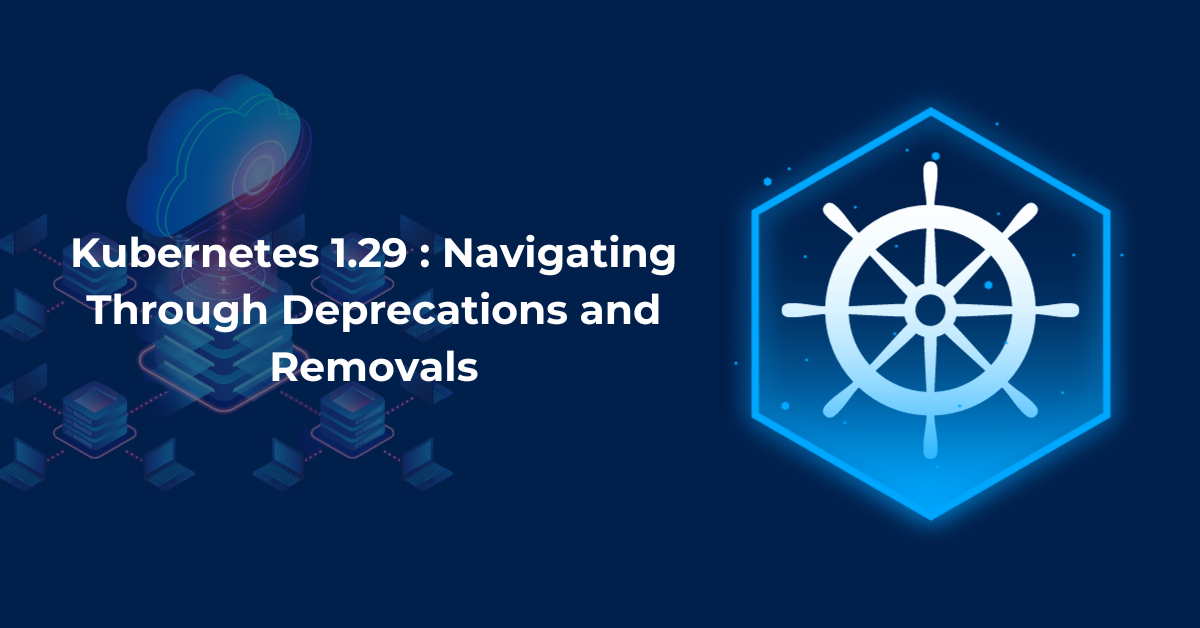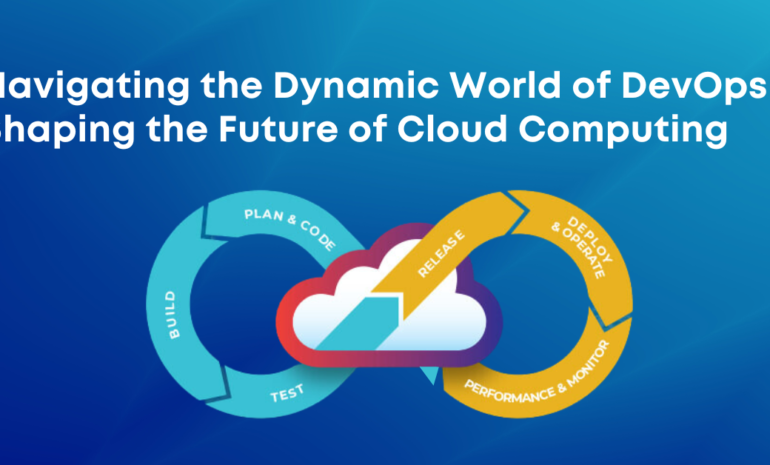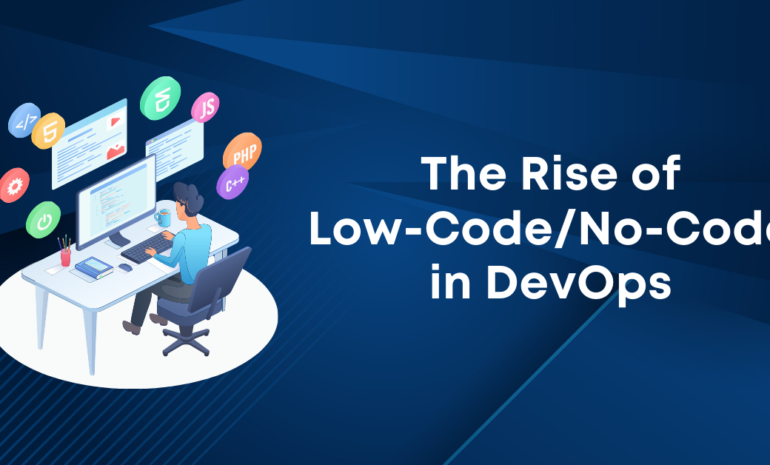Kubernetes 1.29: Navigating Through Deprecations and Removals
With the advent of Kubernetes 1.29, the ever-evolving container orchestration system introduces a slew of noteworthy deprecations and removals, necessitating a keen awareness among users regarding the implications for their Kubernetes environments. As the platform matures, it becomes imperative to adapt to the latest developments, and this release is no exception. The Kubernetes community, in its commitment to enhancing the system’s functionality and security, has opted to retire certain features while introducing new ones to meet the evolving demands of containerized applications. Users are encouraged to stay informed about these changes to ensure a seamless transition and optimal performance in their Kubernetes clusters. This article serves as a comprehensive guide, shedding light on the deprecated and removed features in Kubernetes 1.29, offering insights into the reasons behind these decisions, and providing actionable recommendations for users to navigate these changes effectively. Whether it involves upgrading dependencies, modifying configurations, or adopting alternative solutions, understanding these alterations is crucial for maintaining a robust and future-proof Kubernetes environment.
Understanding Kubernetes API Deprecation Process
Kubernetes has a well-defined deprecation policy ensuring a stable and predictable evolution of the API. Here are the key points:
1. Stable API Deprecations:
Kubernetes employs a meticulous deprecation policy to ensure the stable and predictable evolution of its APIs. A stable API can only be deprecated when a new, stable version of that API is readily available. This strategic approach aims to provide users with a seamless transition by maintaining the functionality of the deprecated API for a minimum period, typically lasting at least one year. During this grace period, users will encounter warnings when using the deprecated API, signaling the need for migration to the updated and recommended version.
API Removal:
The subsequent phase involves the actual removal of the deprecated API. Users are obligated to migrate to the replacement API, and comprehensive details outlining the migration process are typically made available in the Kubernetes documentation. This documentation acts as a valuable resource, offering step-by-step guidance to facilitate a smooth transition, ensuring that users can adapt to the changes without compromising the integrity and functionality of their Kubernetes environments.
3. Version-specific Policies:
General Availability (GA) or Stable APIs: General Availability or stable APIs benefit from a protective measure ensuring they cannot be removed within the same major version of Kubernetes. This deliberate decision affords users ample time and stability to adapt to the changes, promoting a gradual and controlled evolution of the platform while minimizing disruptions.
Beta or Pre-release APIs: Beta or pre-release APIs adhere to a different timeline. Post-deprecation, these APIs must be supported for a minimum of three subsequent releases. This extended support period allows users a reasonable timeframe to transition to the updated APIs, promoting a balance between innovation and stability within the Kubernetes ecosystem.
Alpha or Experimental APIs: Alpha or experimental APIs, given their experimental nature, may be subject to removal in any release without prior notice. While this introduces an element of unpredictability, it also fosters an environment where experimentation and innovation can thrive. Users working with these APIs are encouraged to stay vigilant and prepared for potential changes, aligning with the dynamic nature of experimental features.
Kubernetes 1.29: Key Deprecations and Removals
1. Removal of In-Tree Cloud Provider Integrations
In Kubernetes 1.29, the in-tree cloud provider integrations (like Azure, GCE, or vSphere) are being phased out. Users must enable external cloud controller managers or opt-in to legacy integration. This involves setting the --cloud-provider=external command line argument for kubelet and control plane components.
2. Deprecation of the v1beta2 Flow Control API Group
The flowcontrol.apiserver.k8s.io/v1beta2 API version will not be available in Kubernetes 1.29. Users should transition to flowcontrol.apiserver.k8s.io/v1beta3, introduced in Kubernetes 1.26. This version comes with some changes, like the renaming of the spec.limited.assuredConcurrencyShares field.
3. Deprecation of the status.nodeInfo.kubeProxyVersion Field
The .status.kubeProxyVersion field for Node objects will be deprecated, due to its inaccuracy. Users should prepare for its future removal.
Additional Notes
k8s.gcr.io Redirect to registry.k8s.io
The Kubernetes project has shifted from the k8s.gcr.io registry to the community-owned registry.k8s.io. This change requires users to update their container image sources.
Kubernetes Community-Owned Package Repositories
The Kubernetes project has transitioned to community-owned repositories for Debian and RPM packages (pkgs.k8s.io), replacing the Google-owned repositories. Users should update their repository configurations accordingly.
Conclusion
These changes in Kubernetes 1.29 underscore the project’s commitment to progress and stability. While deprecations and removals might require some adjustments, they are integral to the platform’s evolution. As always, detailed migration guidance is available in the Kubernetes documentation, helping users to navigate these transitions smoothly.




